The Priceless Value of Rural Land: Building a Sustainable Future in Malta
As Malta faces rapid urbanisation, the value of rural land is often overlooked in favour of development. However, rural land is far more than undeveloped property — it is a cornerstone of Malta’s heritage, a sanctuary for biodiversity, and a vital resource for nourishing our people. With limited fertile soil available, Malta must reassess how it values and preserves rural land, ensuring it remains a priority in our nation’s sustainable future.
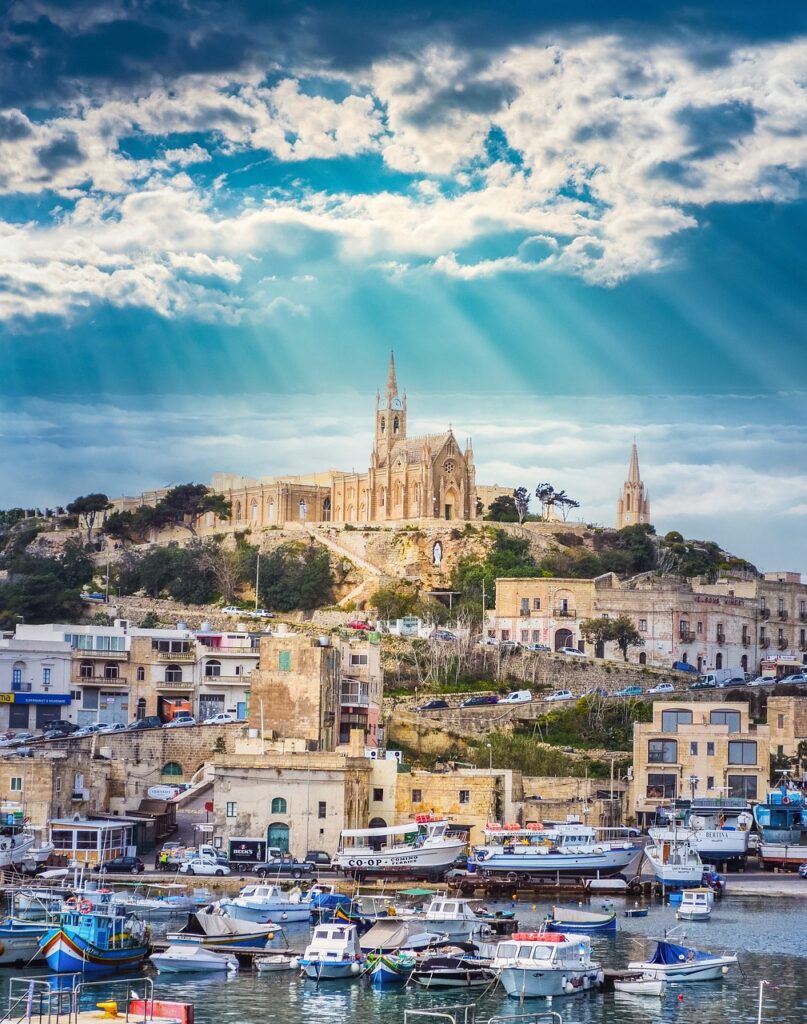
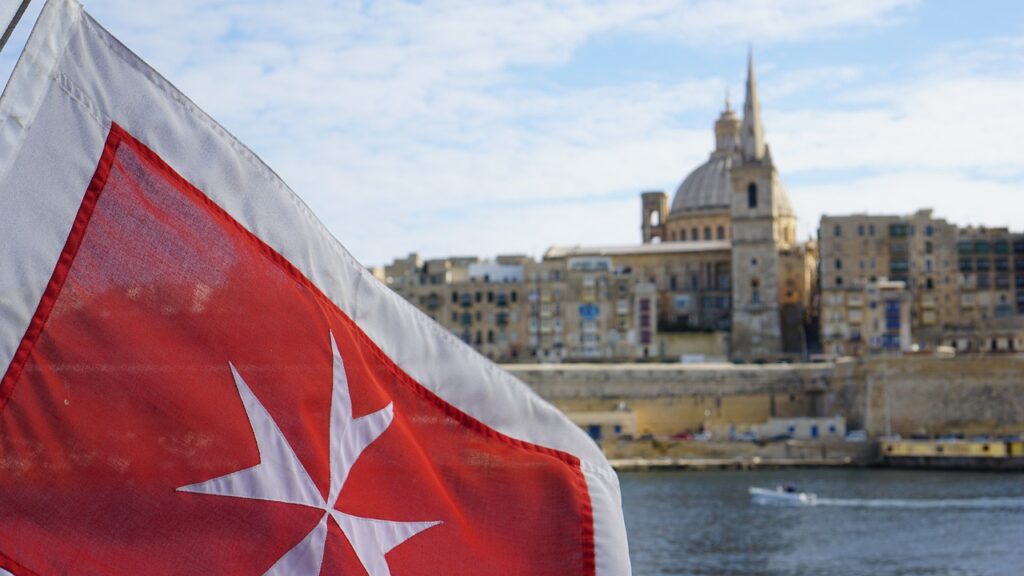
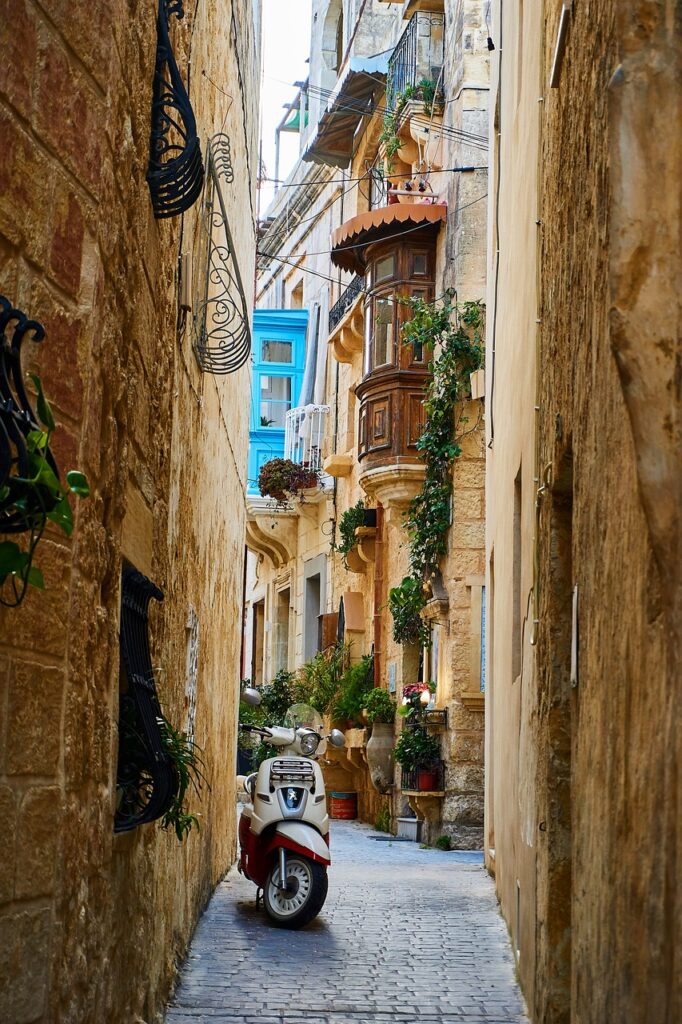
Valuing Rural Land as Highly as Urban Land: A Call for Change
Rural land, particularly in Malta, is an irreplaceable resource due to its scarcity and the importance of fertile soil in sustaining life. Fertile soil, often limited in supply, holds the key to food security, biodiversity, and environmental health. By valuing rural land equally—or even more highly—than urban land, we can send a clear message: the preservation of rural land is vital for the nation’s well-being. This approach forces developers to consider the long-term consequences of their actions, encouraging thoughtful, sustainable projects rather than impulsive, profit-driven developments.
Developers must shift focus from short-term gains to long-term sustainability, recognising that the true value of land lies not in what can be built upon it, but in what it can produce and sustain. This change in perspective can help curb urban sprawl and protect Malta’s agricultural heritage. Fertile land is finite, and its misuse today jeopardises the health and food security of future generations.
Supporting Local Farmers and Protecting Rural Land
Farmers are the custodians of rural land, nurturing the soil to produce high-quality, nutritious food. This not only sustains Maltese families but also supports local wildlife and ecosystems. Fertile soil is a scarce and irreplaceable resource, and its preservation is critical for food security and environmental health.
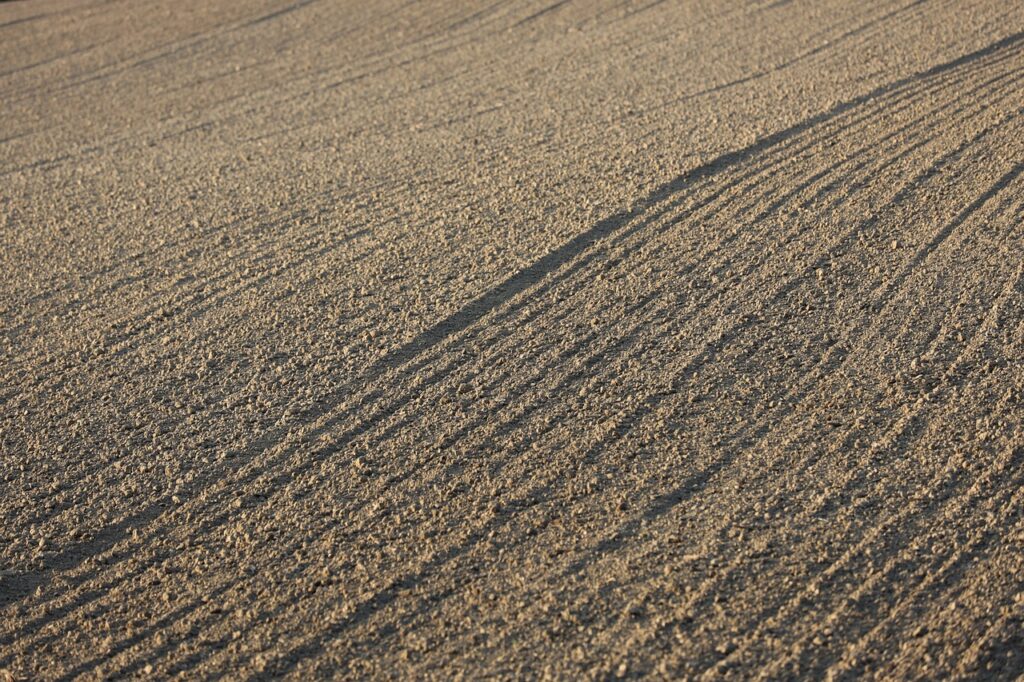

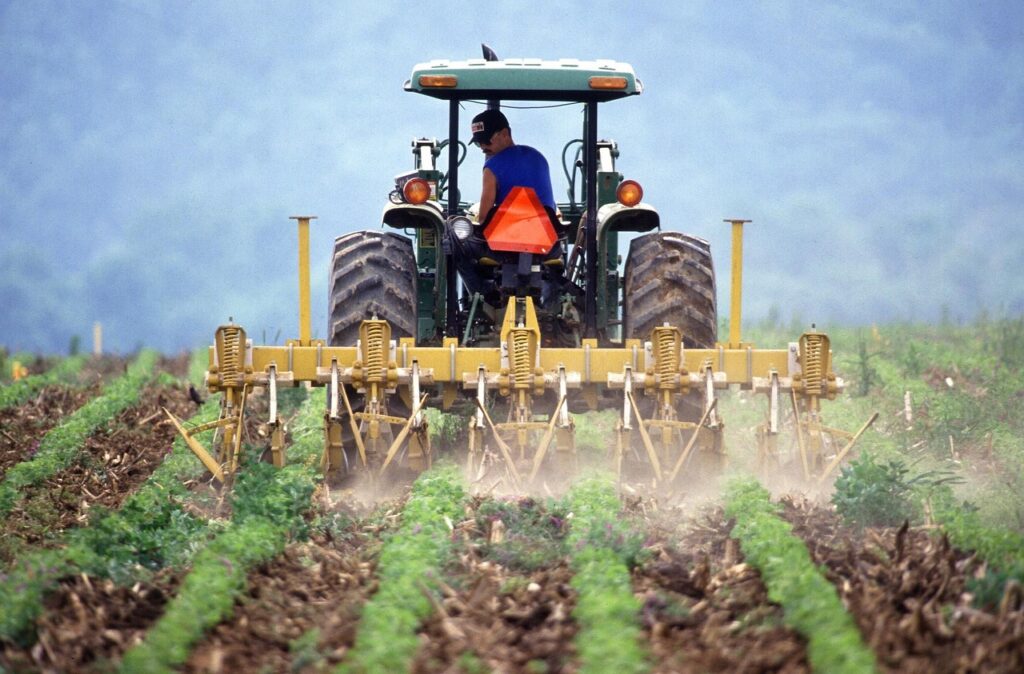
Valuing rural land equally to or higher than urban land sends a strong message: this land is not a cheap commodity to be converted for short-term gains. It is a national treasure that sustains life, boosts longevity, and upholds the health of our ecosystems. Developers must be compelled to think beyond profit and consider the irreplaceable value of rural land in maintaining a balanced, sustainable Malta.
Rural Land: Gold in the Ground
The fertility of rural land and its ability to sustain local agriculture should elevate its value to that of development land. Just as urban land prices reflect demand, rural land prices should reflect their ecological and cultural importance. By pricing rural land appropriately, Malta can discourage development motivated by greed and instead promote conservation for the nation’s future well-being. The soil’s health directly influences the quality of our food, which in turn impacts the quality of our lives — a resource truly worth its weight in gold.
Local Shops and Restaurants: Champions of Rural Land
Malta’s local shops and restaurants play a critical role in preserving rural land by sourcing fresh, local ingredients. Many chefs recognise the importance of building relationships with farmers to ensure their dishes are of the highest quality. Supporting local merchants not only strengthens the economy but also reinforces the importance of rural land in Maltese culture.

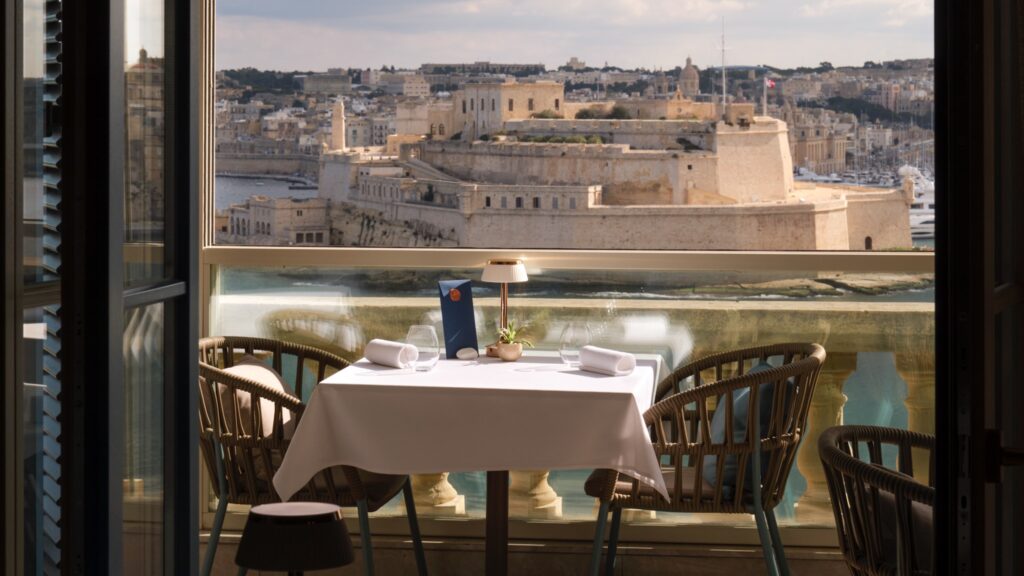
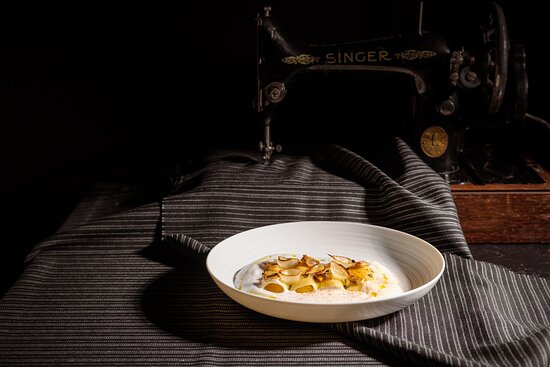
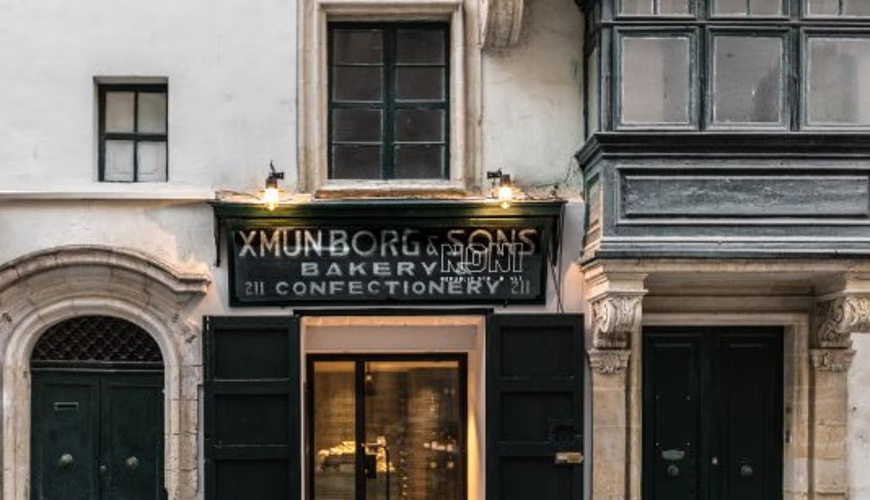
Celebrating Excellence: Restaurants Using Local Produce
Some of Malta’s finest restaurants exemplify the value of local produce. Their partnerships with farmers highlight the importance of preserving rural land. Here are three outstanding examples:
- Under Grain, Valletta
Chef Victor Borg’s Michelin-starred establishment takes pride in its use of seasonal, locally-sourced ingredients. Each dish is a tribute to Malta’s agricultural roots, showcasing the richness of the island’s fertile land. - De Mondion, Mdina
Overlooking Malta’s ancient capital, De Mondion blends tradition with sophistication under executive chef Kevin Bonello. His commitment to working with local farmers ensures that the restaurant’s offerings are both authentic and sustainable. - ION – The Harbour, Valletta
Chef Alex Dilling elevates Maltese produce to new heights at ION – The Harbour. Through his innovative use of fresh, locally-sourced ingredients, he celebrates the vitality and quality of rural land in his culinary creations. - Noni, Valletta Nestled in the heart of Valletta, Noni is a Michelin-starred gem that combines traditional Maltese flavours with modern culinary techniques. Helmed by chef Jonathan Brincat, the restaurant takes pride in sourcing fresh, seasonal ingredients from local farmers and producers. Chef Brincat’s approach is deeply rooted in showcasing the unique qualities of Maltese cuisine while innovating with contemporary flair. Signature dishes at Noni often feature locally-sourced seafood, vegetables, and herbs, reflecting the island’s agricultural and maritime heritage. This commitment to fresh, high-quality ingredients not only elevates the dining experience but also highlights the importance of preserving Malta’s rural land and supporting its farmers.
Learning from Singapore: A Blueprint for Sustainable Development

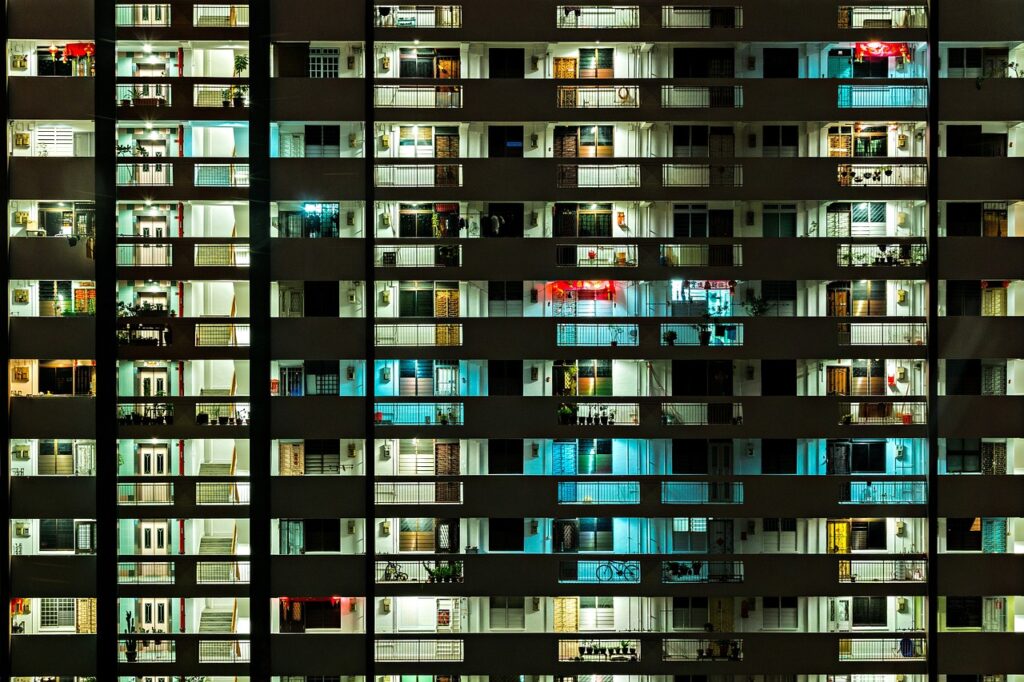
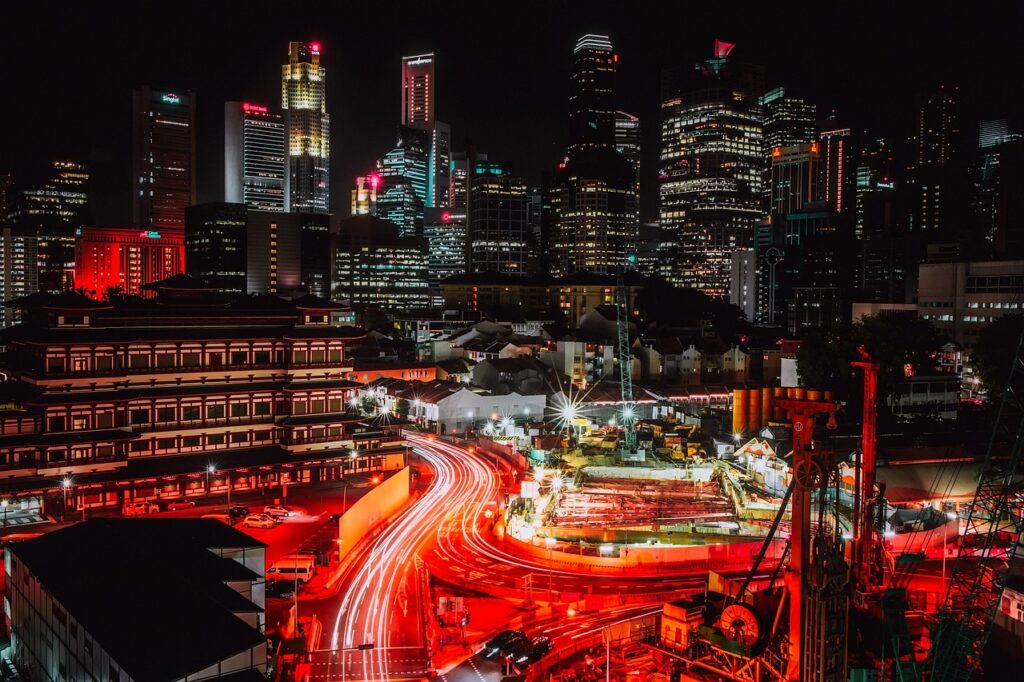
Malta can learn from global leaders in sustainability, such as Singapore. This small yet progressive nation has transformed itself into a “City in Nature,” blending urban development with ecological preservation. Key takeaways include:
- Valuing Green Spaces
Singapore has safeguarded over 7,800 hectares of green spaces, integrating greenery throughout urban areas. Malta could adopt similar measures to ensure its rural land and natural habitats remain protected. - Climate-Responsive Design
Singapore’s buildings are designed to optimise airflow, water use, and energy efficiency. These practices mitigate the urban heat island effect and ensure sustainable resource use — lessons Maltese developers and architects could apply. - Water and Energy Sustainability
Singapore has closed the water loop, reusing every drop of water multiple times. It has also transitioned to natural gas and renewable energy sources. Malta could implement similar strategies to conserve resources and reduce its environmental impact. - Policy and Enforcement
Strict policies, such as taxing carbon emissions and limiting vehicle growth, ensure long-term sustainability in Singapore. Malta could introduce similar measures to align development with environmental goals.
Government’s Role: Safeguarding Malta’s Future
The Maltese government must take proactive steps to protect rural land and support sustainable practices. Potential initiatives include:


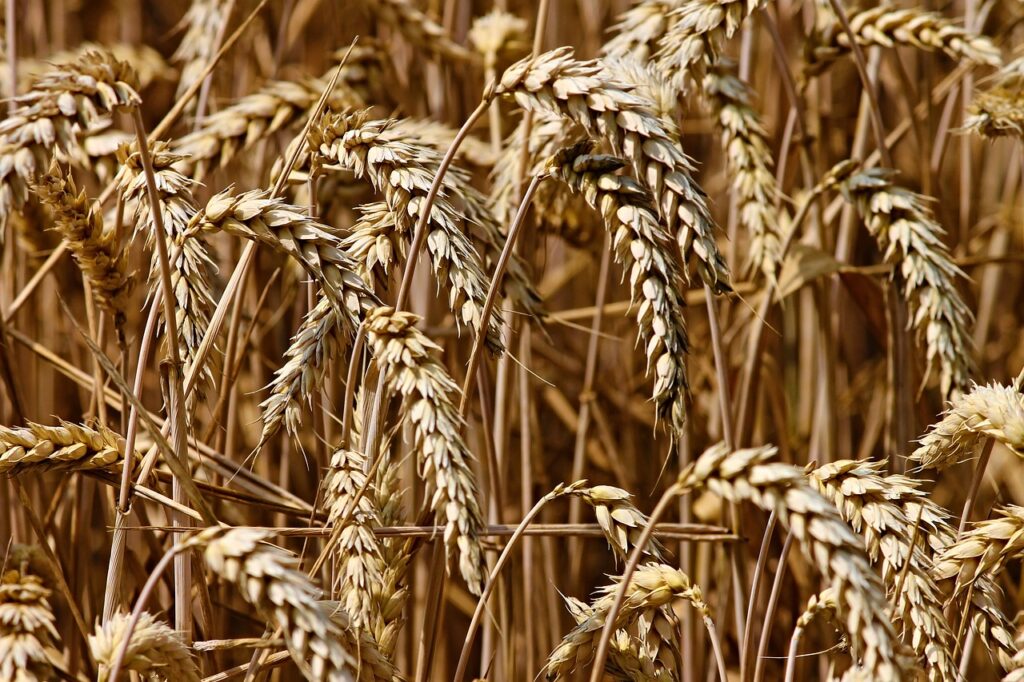
- Incentives for Farmers
Subsidies and grants for farmers can encourage sustainable agriculture and ensure the ongoing health of rural land. - Rural Land Protection Laws
Enforcing strict regulations on the conversion of rural land for development will preserve it for agriculture and biodiversity. - Promoting Local Businesses
Tax incentives and support for shops and restaurants prioritising local produce can strengthen the connection between rural land and the wider economy. - Public Education
Raising awareness about the importance of rural land, local farming, and sustainable practices can foster a culture of conservation among Maltese citizens.
final thoughts… Rural Land, A Priceless Asset
Rural land in Malta is not just an economic resource; it is a cultural, ecological, and nutritional treasure. By valuing it equally to urban land, promoting sustainable development practices, and drawing inspiration from global leaders like Singapore, Malta can protect its rural heritage while building a greener, more sustainable future.
Investing in rural land is an investment in Malta’s health, longevity, and legacy. It is a vital step toward ensuring a balanced and prosperous nation for generations to come.
Promote Your Business with Hubpy Malta
At HubpyMalta, we believe in celebrating and supporting the incredible talent, products, and services our local merchants bring to the community. By joining our platform, you gain access to a dedicated network that highlights the best of Maltese businesses, helping you connect with locals and visitors alike. Whether you’re a small shop, a restaurant, or an artisan, HubpyMalta is your partner in showcasing your offerings while promoting the unique culture and heritage of our country. Let us help you grow your business and contribute to a thriving local economy. Together, we can put Malta’s best foot forward!



